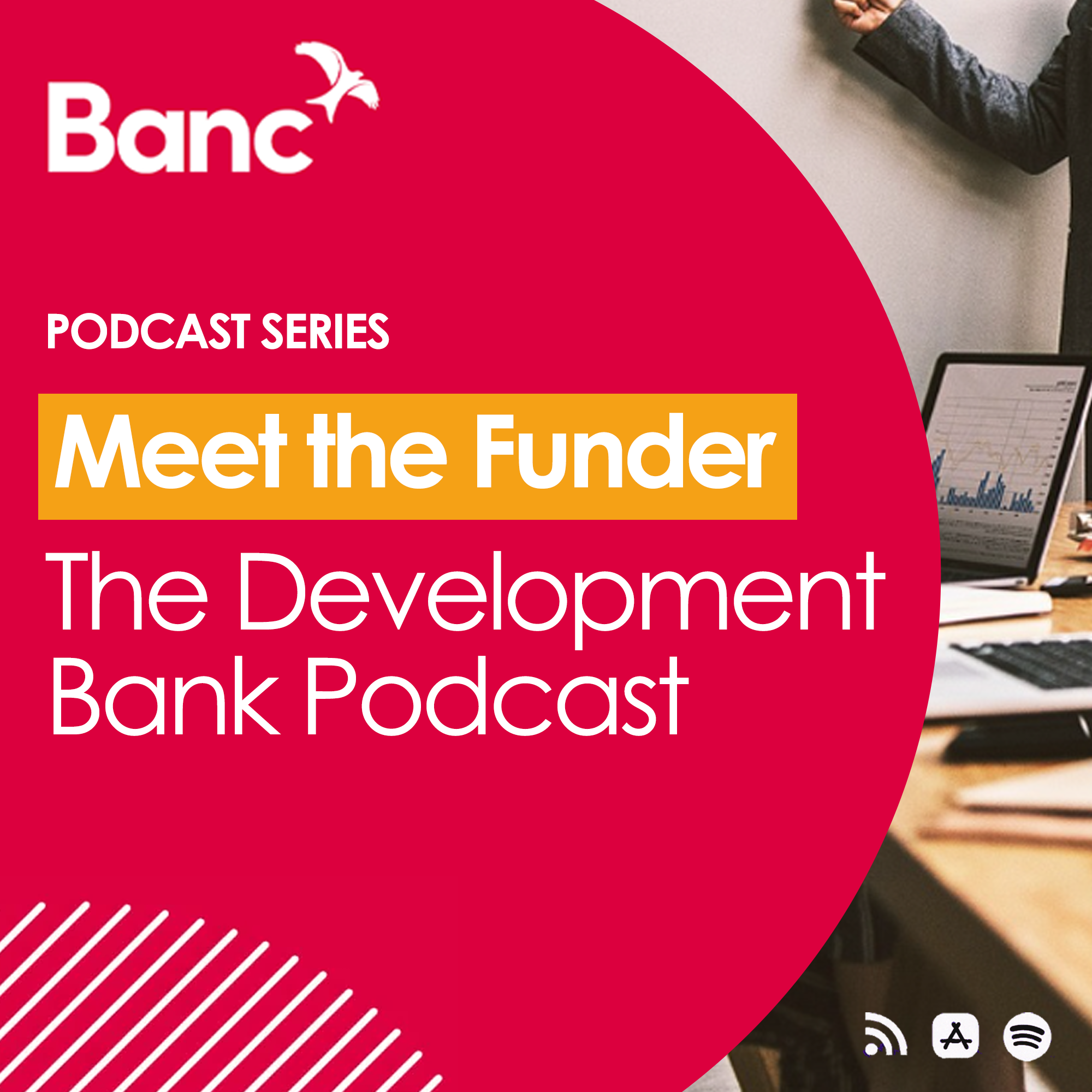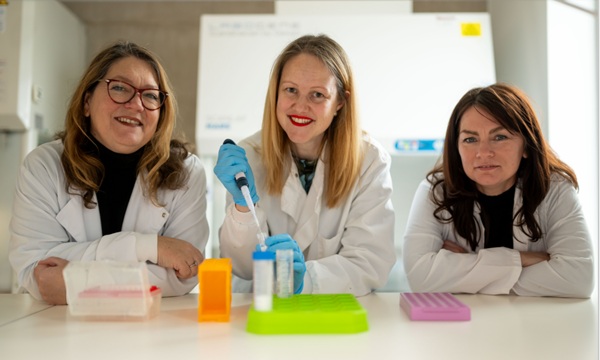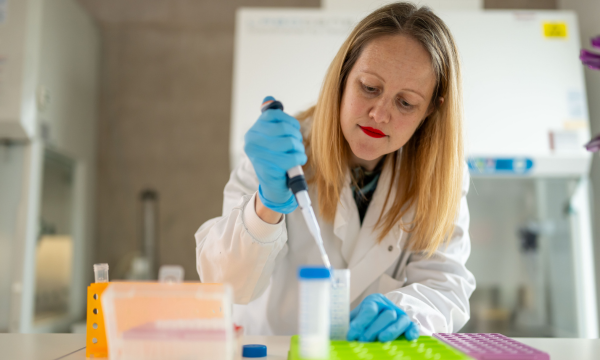
Investing in research and development is vital for Wales' future economic strength. At the Development Bank of Wales, we’re making it a priority to support these innovative businesses, as they are the ones most likely to create the jobs and technologies that will sustain the Welsh economy.
R&D-intensive businesses are those making substantial investments in innovation, whether that’s through developing new products, adopting advanced production methods, or even creating in-house software to address unique challenges.
Economic Intelligence Wales is a collaboration between the Development Bank, Cardiff Business School, Bangor Business School, the Enterprise Research Centre and the Office for National Statistics.
It produced a report earlier this year which found that more than 2,400 businesses across Wales fit the profile of being R&D-intensive. This represents only about 0.5% of Welsh businesses, yet their impact is far more significant. These firms contribute around 2% of total employment and around 3% of jobs in Wales, demonstrating their outsized role in the economy.
What sets these companies apart isn’t just their commitment to growth but also their resilience. While many firms scaled back R&D investments during recent economic challenges, these dynamic companies remained steadfast in their commitment to innovation. As we move through recovery and look towards growth, it’s crucial that these firms have the support they need to scale up R&D projects, bring new products to market, and strengthen supply chains across Wales.
At the Development Bank, we believe financial support is only part of the equation. Effective collaboration with other players in the business support ecosystem, including Innovate UK, Welsh universities, and local government bodies, is essential. For instance, we’re now working as a partner with Innovate UK to help Welsh businesses access more R&D funding. Wales hasn’t historically received a significant share of Innovate UK funding, and we’re determined to change that by bridging gaps and making funding more accessible.
Another opportunity lies in fostering stronger links between businesses and Welsh universities. In sectors like wound care, which is prominent in South Wales, research and business partnerships have led to a thriving cluster of innovation. Such clusters benefit from close ties to local research expertise, and we’re working to build similar links across other high-potential sectors, ensuring that businesses can draw on the resources they need to succeed.
The examples of success aren’t limited to larger companies; some of the most ambitious innovation we’ve seen comes from smaller firms with highly specialised products. For example, Real Labels, a printing business based in Pontyclun, needed a cutting-edge printer to remain competitive. Our funding enabled them to purchase a specialist, high-resolution printer, which has allowed them to enhance product quality and expand their market.
As the report demonstrates, the returns on R&D investment are significant. Firms actively investing in R&D and innovation grow faster and have a competitive edge in their markets. With this in mind, we aim to continue using data insights from Economic Intelligence Wales to identify sectors and businesses with the potential to drive Welsh growth. Supporting these firms isn’t just about financial gain – it’s about creating resilient industries, high-value jobs, and a sustainable economy that benefits the whole of Wales.
By focusing on high R&D sectors and improving collaboration across the Welsh economy, we can build a more innovative and productive future. The Development Bank of Wales is committed to providing the funding and support needed to make this vision a reality, working alongside other stakeholders to ensure that Welsh businesses can thrive.

















